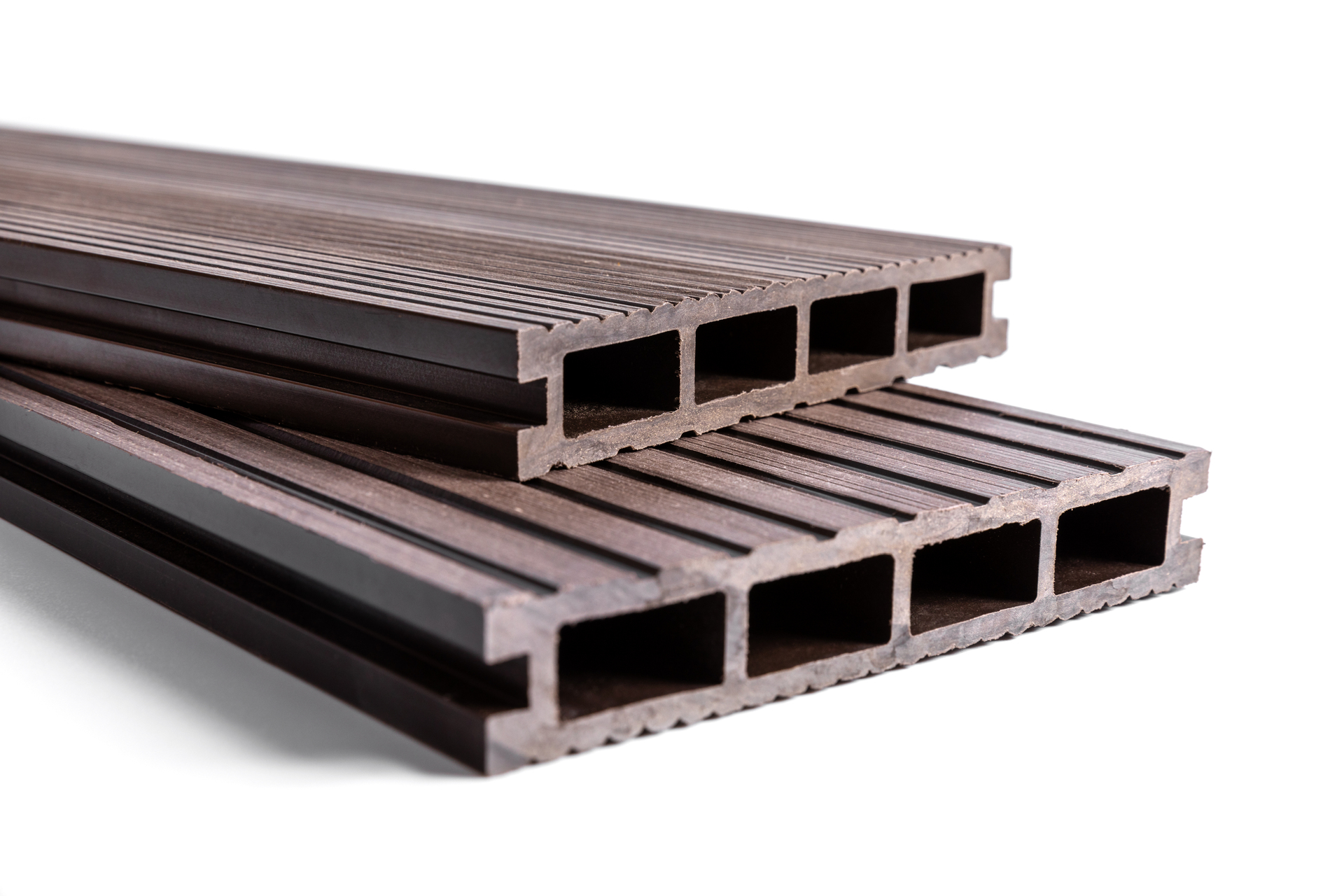Biocomposites
Biocomposites are innovative construction materials that combine natural fibers, such as wood, rice, jute, coffee, bamboo, or grass, with polymers, both synthetic and biodegradable.
Their application provides an ecological alternative to traditional plastics and composites, offering the possibility of creating products with a reduced environmental impact.
Biocomposites can be used as a substitute for standard plastics, offering similar reinforcing and aesthetic properties but with the added benefit of reducing the carbon footprint.

Example Applications:
• Automotive: Interior car components, such as door panels, which require both durability and aesthetics.
• Packaging: Biodegradable packaging that can be composted after use.
• Construction: Building materials that offer both strength and an attractive appearance

Advantages of Biocomposites:

Eco-friendly
They combine natural fibres and polymers, which can be biodegradable or synthetic, reducing carbon emissions and promoting sustainability.

Material Reinforcement
Natural fibers strengthen the composite, improving its mechanical properties such as tensile strength and impact resistance.

Aesthetics
They can add a natural appearance and texture to products, which is appreciated in many decorative and functional applications.
